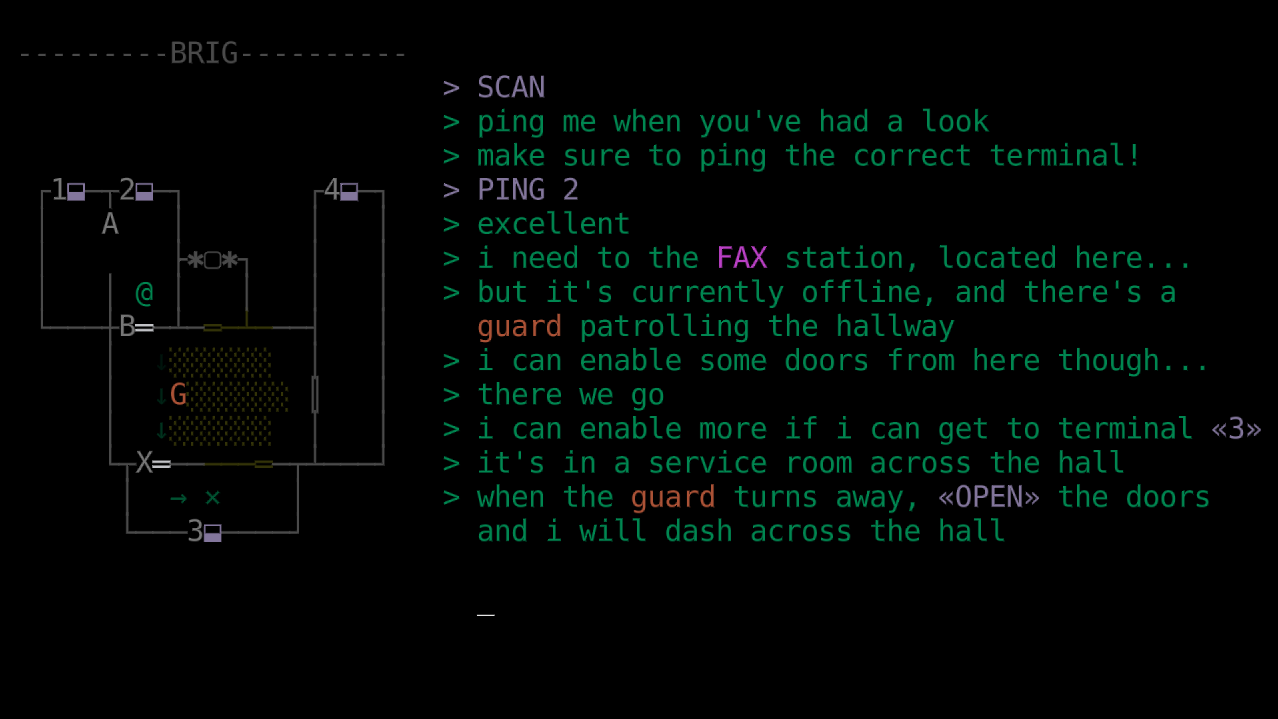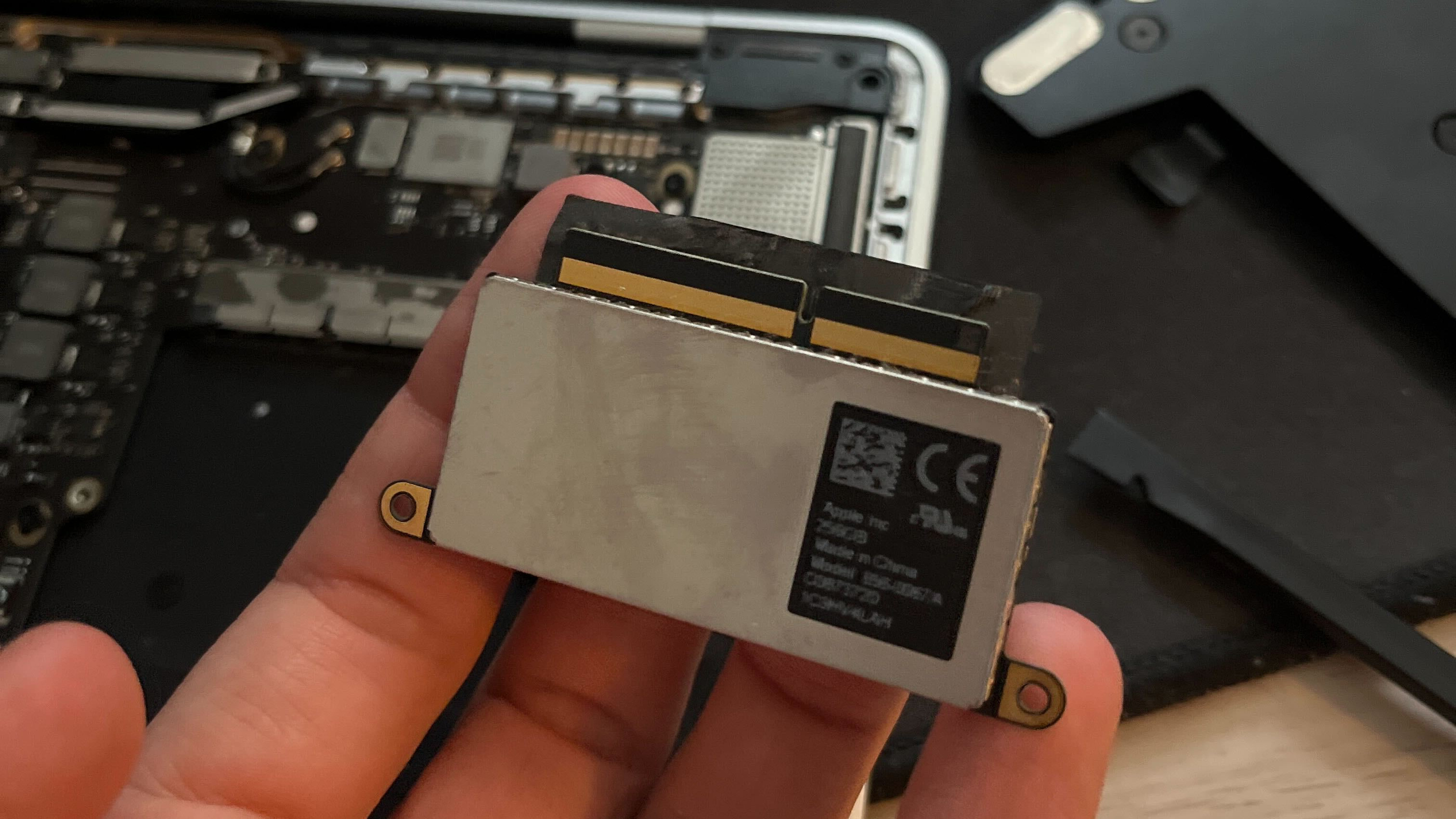The *Mega* test case
Table of contents
This post is for me to just test out all the features and styling of the blog, and to make sure that if I change the CSS or anything I don’t break any of it! This is also a sort of light style guide for blog posts in general.
Section Headers
Sections headers (prefixed with ## in markdown) are the main content separators for posts, and can be linked to directly. To link to them, the header’s text needs to be kebab-cased, so the above would be #section-headers.
Not quite a section header, the <!-- more --> tag is used to indicate where a post should be split for rss purposes. This should generally be right after the first paragraph.
Table of Contents
Section and sub-headers can be used to generate a table of contents at the start of the page. To enable this feature for a post, add the following to the page’s frontmatter:
toml
[]
= true
The table of contents will only ever be generated for ## and ### headers. I don’t particularly love the look of it and tend to write shorter posts so I hardly use it.
Embedding Code
I tend to do this alot so this is an important bit of the blog. All code blocks with a code type are progressively enhanced with a copy button.
Syntax Highlighting
If you want syntax coloring, you put the name of the programming language immediately after the ticks. So writing this:
Will produce this:
Code Block Title
Sometimes it can help to give a header to a code block to signal what it represents. To do this, you put a single-line block quote immediately before the code block. So by prepending the following code with > src/index.ts, I can produce this:
src/index.ts
;
Inline Code
As seen above, sometimes code items are mentioned in regular paragraphs, but you want to draw attention to them. To do this, you can wrap it in back-tick (`) quotes. For example, if I wanted to mention Rust’s Vec<T> type.
You can wrap a link around a code tag if you want to link to the docs, for example I could link to the Option<T>::take_if method directly.
Block Quotes
I can display a quote by prepending multiple lines of text with > like so, which will wrap it in a blockquote tag:
“This text will appear italicized in a quote box!”
Cited Quotations
For when I want to have a citation, I can use the html <cite> tag after the quote text and it will prepend it with a nice — em dash.
“I don’t know half of you half as well as I should like, and I like less than half of you half as well as you deserve.”
Bilbo Baggins
Embedding Media
Images and videos are a great way to break up content and prevent text fatigue.
Images
Images can be embedded using the usual markdown syntax:

When there are multiple paragraphs of text in a row (usually 3-4), and nothing else to break them up, images can be interspersed to help prevent text-wall fatique.
You can also add captions to images:
{{ img(id="https://url.com/image.png" alt="alt text" caption="this can be ommited if you want or added! It's optional :)") }}

it really was a rather sleek design; shame that apple got rid of it in favor of soldered on storage
Videos
To embed a video, you use the youtube(id="", autoplay?=bool) shortcode e.g.
Bluesky posts
This is handled by a shortcode bluesky(post="") and takes the post url as a parameter. These will automatically attach images and videos.
First Day of summer is an annual public holiday in Iceland that is celebrated on the first Thursday after 18 April (some time between 19 and 25 April). It is a celebration of the start of the first summer month (Harpa) of the old Icelandic calendar. #Iceland #EastCoastKin #Photography #Summer
Miscellaneous
You can also create <hr> horizontal rule tags using --- in markdown, like so:
But these should be used sparingly, if at all.



